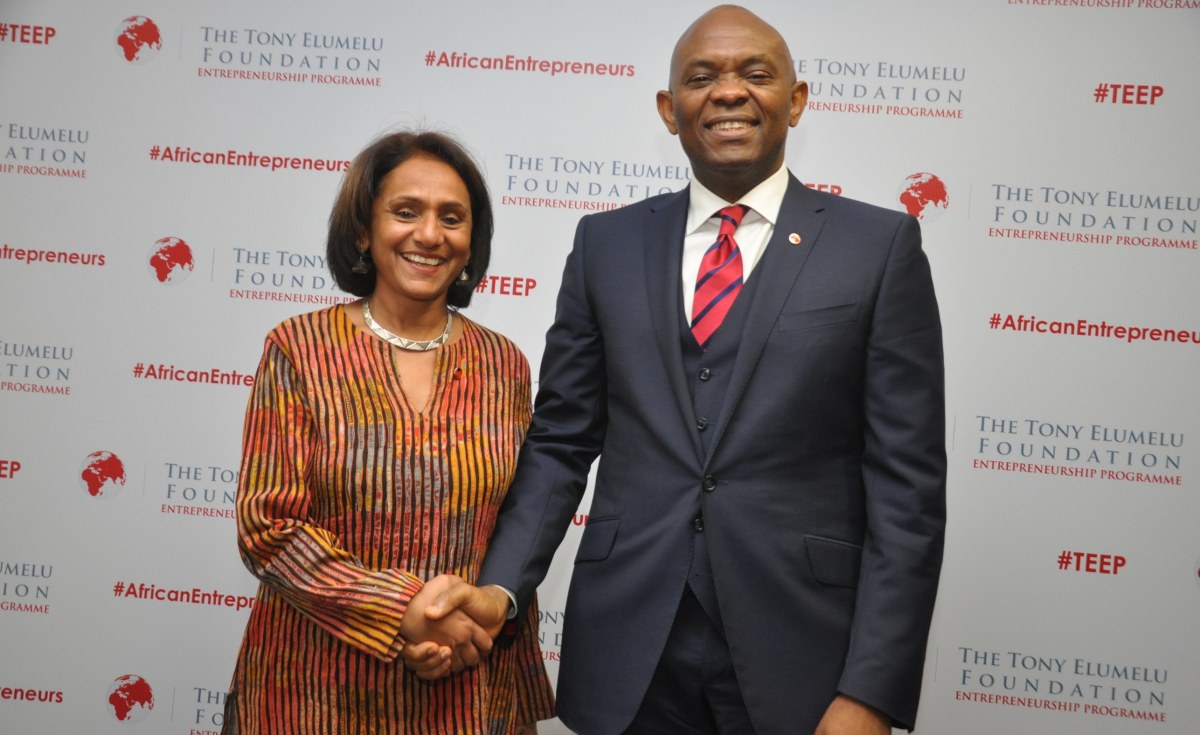The 21st century consumers prioritize where brands and businesses stand on issues that truly matter to them. It is becoming a critical motivation when making purchase choices.
This market movement may not fully have clicked into how the market works in developing economies but it is only a matter of months before it weaves a strong influence on how buyers in the third world see products. That is the immediate future of the market in sub Saharan Africa, Asia and South America.
Globalisation, strengthened by the pace and scale of interconnection via social media, stimulates almost similar tastes as well as social outlook among the sprawling 43,799,056 nominal income accounts representing consumer spending or Household Final Consumer expenditure [HFCE] worldwide. The shift in power to consumers rather than the spell-hold casted by businesses innovation kits and marketing spend has prod brands back to sensibility.
Going forward commanding overriding market share isn’t going to be merely about turning out impressive products or services but much more about where brands stand on issues such as the way they make their products, how they compensate employees, and contribute to the planet.
Deloitte Global CEO, Punit Renjen, emphasized that outlook. He said, “We firmly believe that companies motivated by a greater societal purpose will be stronger, more successful businesses for the long term”.
The global management consulting firm, Deloitte, further reiterated, “Consumers are increasingly demanding that corporations address the significant issues of our times, and companies who do get a big reputation bump among customers”.
Deloitte Global’s 2019 Millennial Survey highlighted: ‘38 percent of millennial and Gen Zs have stopped or lessened a business relationship because of a company’s ethical behavior. Conversely, 36 percent said a company’s social issues engagement spurred them to become a customer or deepen their relationship with the organization’.
Finding a balance between profitability and altruism is critical if businesses must prevent hemorrhaging reputational capital.
Taking a favourable position on issues such as Redlining, #BlackLivesMatter, #MeToo, Planet Safety, employees protection, and issues around shattering the ‘glass-ceilling’ or pay disparities are factors to consider when a business is thinking about deepening customers attachment.
Here are a few approaches to keep in view if the brand must grow its relevance among new generation of consumers:
- Engage – Maintaining neutrality about social issues isn’t a winning strategy anymore. Thinking what the consumers are thinking; echoing what the consumers are saying, at the time they are saying it, are survival strategy in present toxic market.
- Invest – Empower the consumers by investing in projects that help keep their dreams alive. This is critical as households take a bad hit from prolonged lockdown leading to food insecurity and job losses.
- Converse – Communicate as consistently as possible. The consumers want to talk to brands across all channels. For instance, payments and customer relationship are moving to Whatsapp. Go where the market is.
